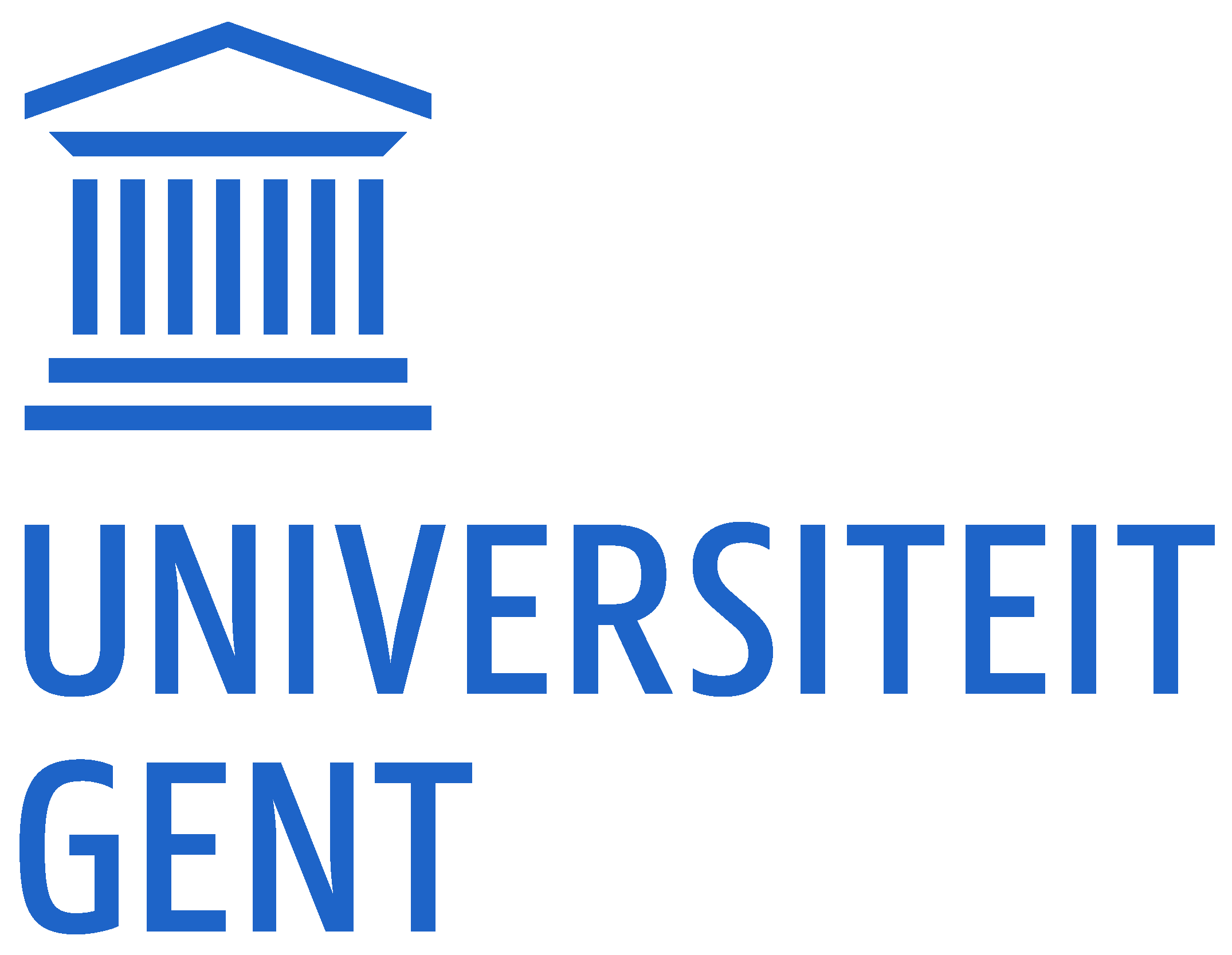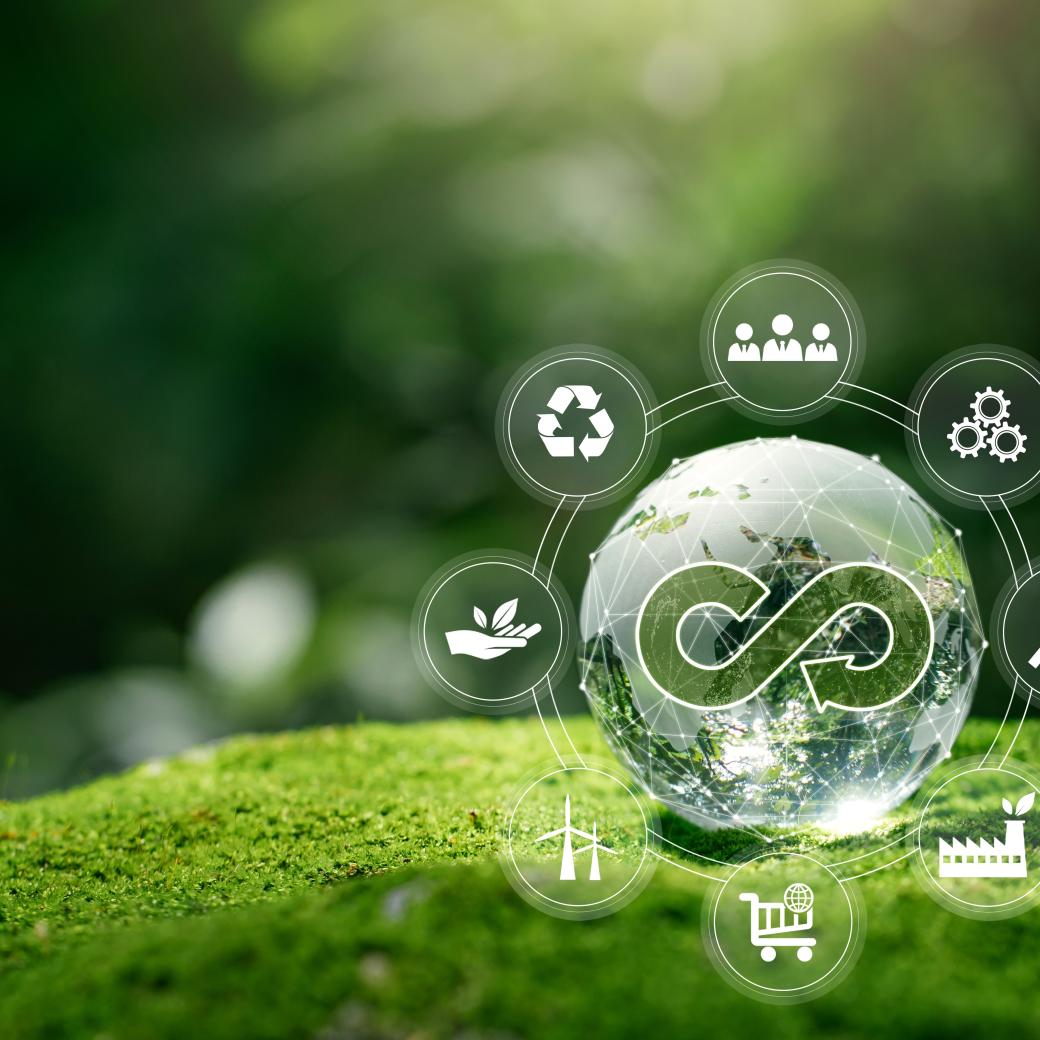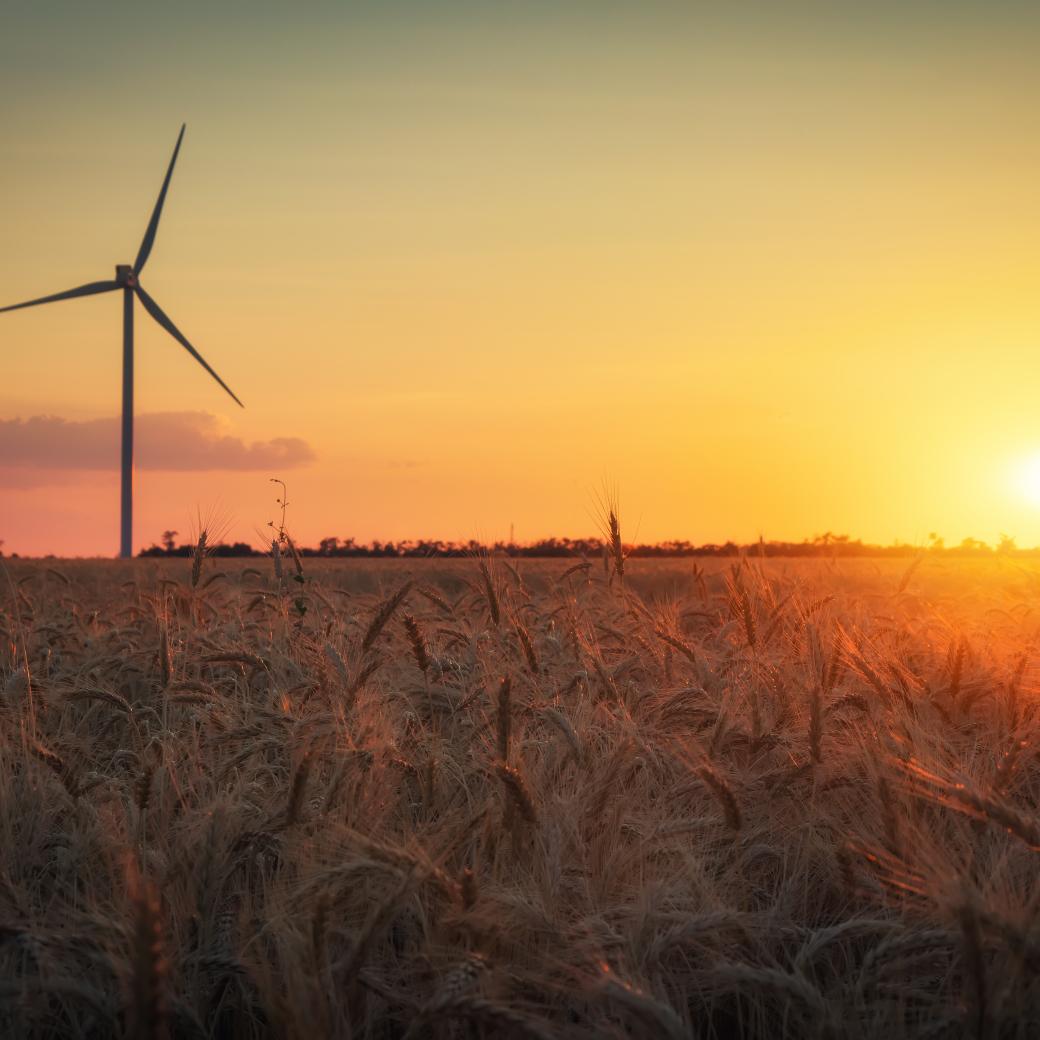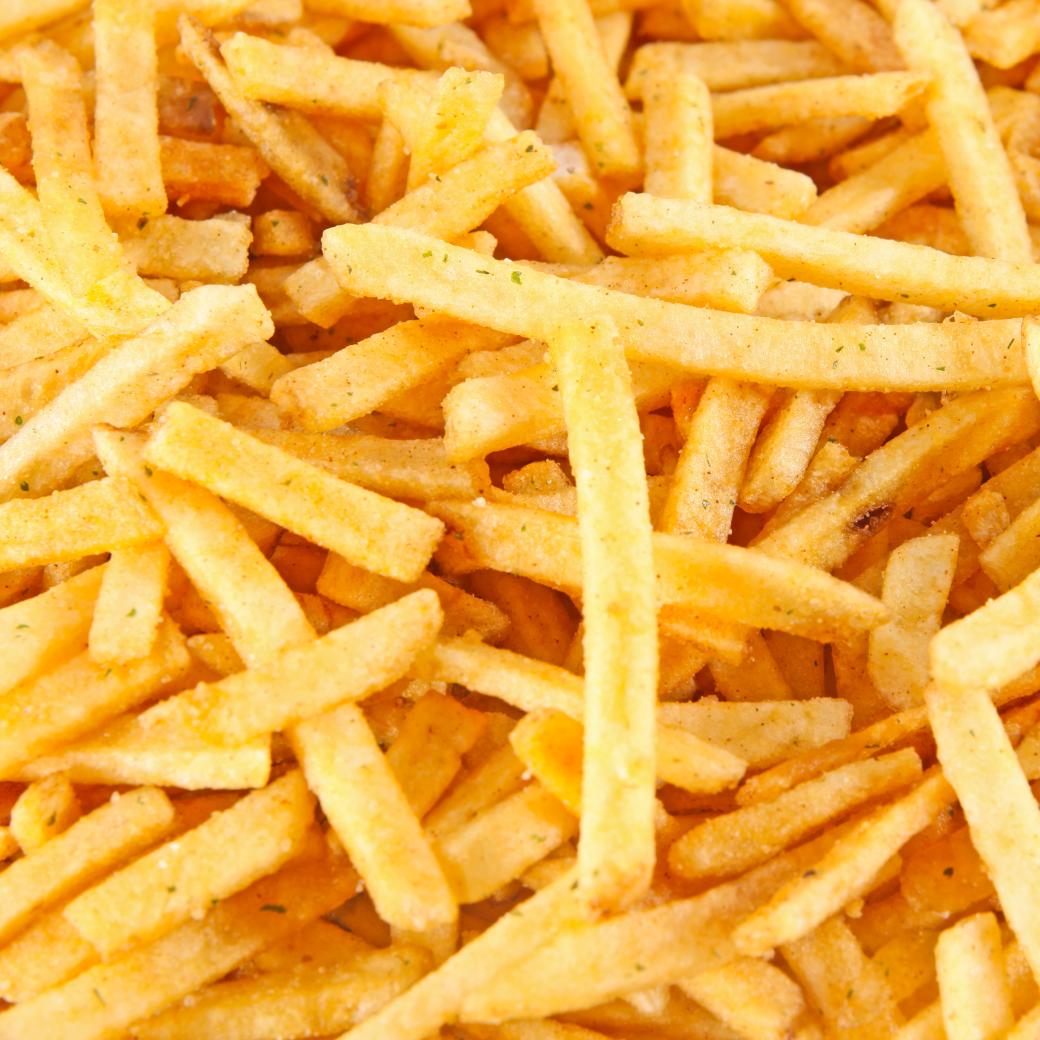Sucr'eau

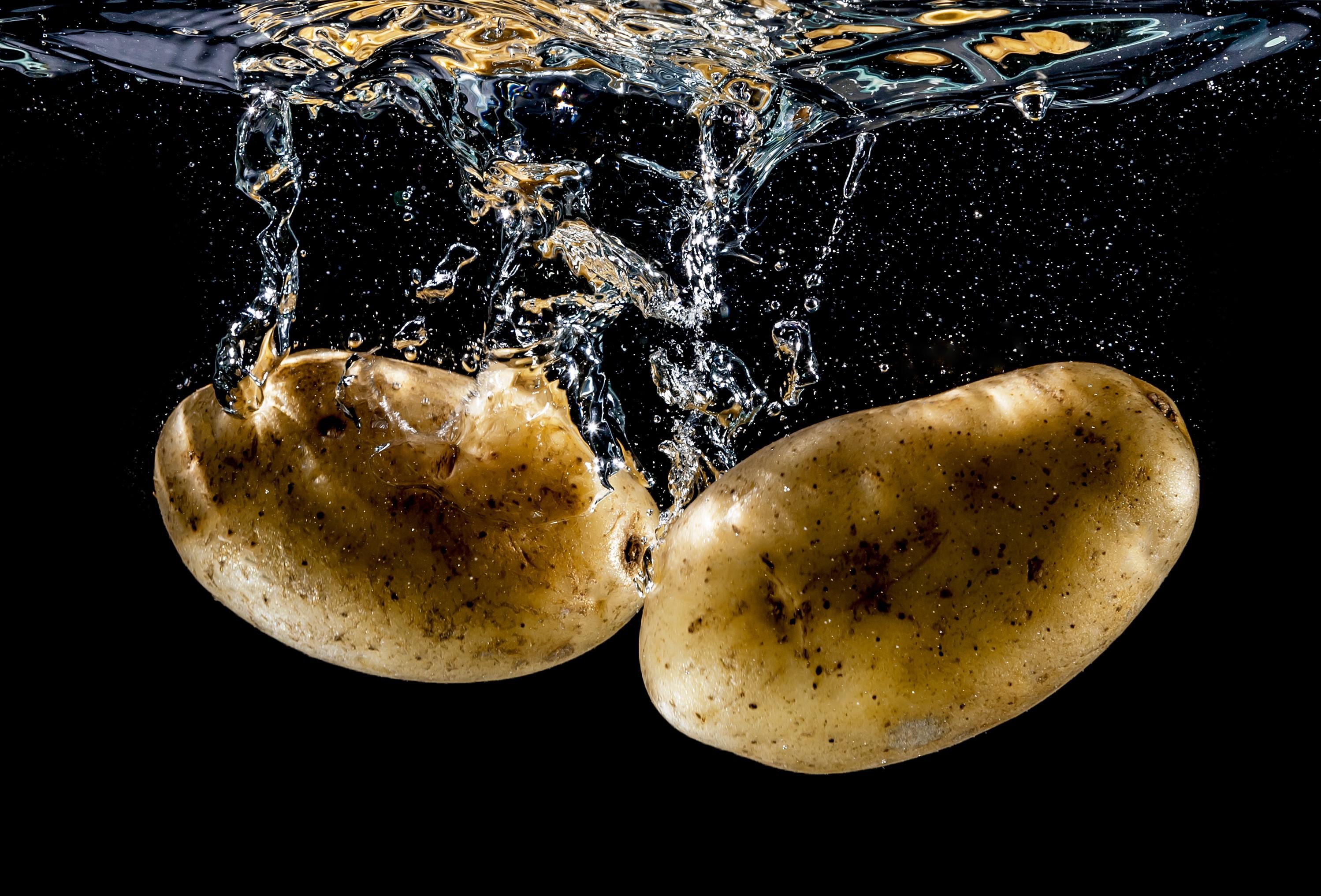
Water reuse and valorisation by-products during blanching in the potato processing industry
Why this project?
During the processing of potatoes into chips, the potatoes are blanched to prevent them from turning brown and from acrylamide forming. This water mainly contains (reduced) sugars and starch. Therefore, potato processors are looking for opportunities to re-use the water from the 2nd blanching cycler to save water and, if possible, energy (by re-using the hot water).
Research approach and results
Sucr'eau was a collective research, development and dissemination project (COOCK type). The project aimed to select, demonstrate and optimize the right water treatment technologies to separate sugars and starch from potato blanching water in a cost-efficient manner. The focus was on reuse of water and energy.
Laboratory and pilot scale experiments revealed that evaporation results in the highest separation efficiency with maximum reduction of the physicochemical parameters. The same reduction can be achieved after sequential membrane filtration and reverse osmosis. This last step is necessary to reduce the ion concentration in accordance with drinking water standards. In addition, no microbial activity was observed in the evaporated blanching water. This makes an extra disinfection step unnecessary (unlike membrane filtration). In contrast to the retentate after membrane filtration (and reverse osmosis), the remaining concentrate after evaporation offers the most valorization potential due to its relatively high dry matter content.
Access to results
The project has been running since February 2023. Read more about the project results in this article: Circulariteit in de aardappelverwerkende industrie: recuperatie van blancheerwater en nevenstroomvalorisatie - Flanders' FOOD (flandersfood.com).
Or in this scientific publication: Characterization of blanching water from the potato processing industry and the influence of processing conditions (ugent.be)
Target group
On the one hand, the project is geared towards potato processors who see an opportunity for more sustainable processing and cost reduction. On the other hand, water technology companies (including sensor suppliers) can use this project to demonstrate and refine the technological capabilities and adapt them to a large target group of investment-intensive businesses.
Businesses with potential valorisations for by-products also participate in this project. They can recuperate the sugars and/or starch extracted from the blanching water. This can be applied in the food industry as well as the animal feed sector. In addition, companies with by-products rich in sugars will be involved (e.g. dairy companies and sugar beet processing companies), which will allow the water technology companies to apply their extraction technologies.
Project partners
Flanders’ FOOD manages and coordinates the project. Responsibility for the execution:
- Research group 'Department of Food Technology, Safety and Health', under the supervision of Prof. Imca Samper
- Watercircle.be, under the supervision of Matthias Mertens
- The project is also supported by Belgapom, the trade association for the Belgian potato trade and processing
Contact

Circulariteit in de aardappelverwerkende industrie: recuperatie van blancheerwater en nevenstroomvalorisatie

Sustainable animal feed from sweetcorn cobs: meet Trotec


